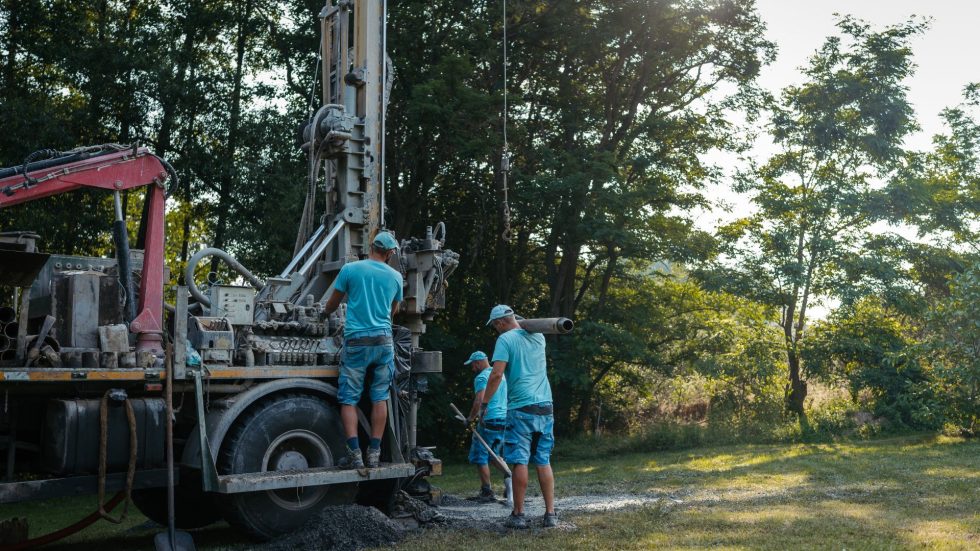In Texas, water wells are extremely important in rural areas, as these areas rely on them for their main source of water. However, to begin drilling in Texas, the process involves more than just bringing the equipment and getting started. This blog will explore the rationale behind the regulations, the steps to acquire a license, and why it holds significance for both the driller and the eventual user.
Why Do You Need a Drilling License For Water Wells in Texas?
The management of water well drilling in Texas falls under the authority of the Texas Department of Licensing and Regulation (TDLR). The objective of this department is to ensure that water wells are constructed lawfully, safely, and in a manner that safeguards the state’s groundwater resources to prevent contamination.
Why Water Well Drilling Licenses Are Essential
Licensed professionals must follow regulations to prevent groundwater contamination. Managed drilling activities can introduce substances endangering public health and the environment through the groundwater if not drilled properly.
Effective Resource Management
Texas has a very intricate and complicated groundwater system. Therefore, it is vital to have a complete understanding of them. This is just one reason why one is required to have a license to drill in Texas.
The Licensing Procedure
TDLR has established a process for individuals seeking licensure as water well drillers in the state. This process includes meeting prerequisites, gaining experience, and successfully passing an examination. Here is an overview of the steps involved:
Educational Qualifications
You do not need to have certain academic qualifications to get a license. However, having a background in specific subjects such as geology, hydrology, or engineering can be an advantage. The TDLR offers study materials and reference books to aid aspiring drillers in preparing for their exam.
Read more: What Are Ce Credits And Why Do You Need Them?
Practical Experience
Before the state of Texas will grant a license, candidates must complete a minimum of 2 years of hands-on experience in the field. This hands-on experience is critical to people looking to drill wells as it helps to provide education about soil types, rock formations, and the actual machinery used during the drilling process.
Final Test
The last step involves passing a state-approved test. Passing this test shows that a candidate is capable and prepared to carry out water well drilling tasks.
You Must Maintain a License in Texas to Drill Water
In Texas, drilling water wells is an activity that requires a license from the TDLR. This regulation is in place to protect water resources and ensure legal and responsible drilling practices. Contact us at State Approved, which has developed continuing education courses in Texas with the necessary resources to obtain the information to get your license.

